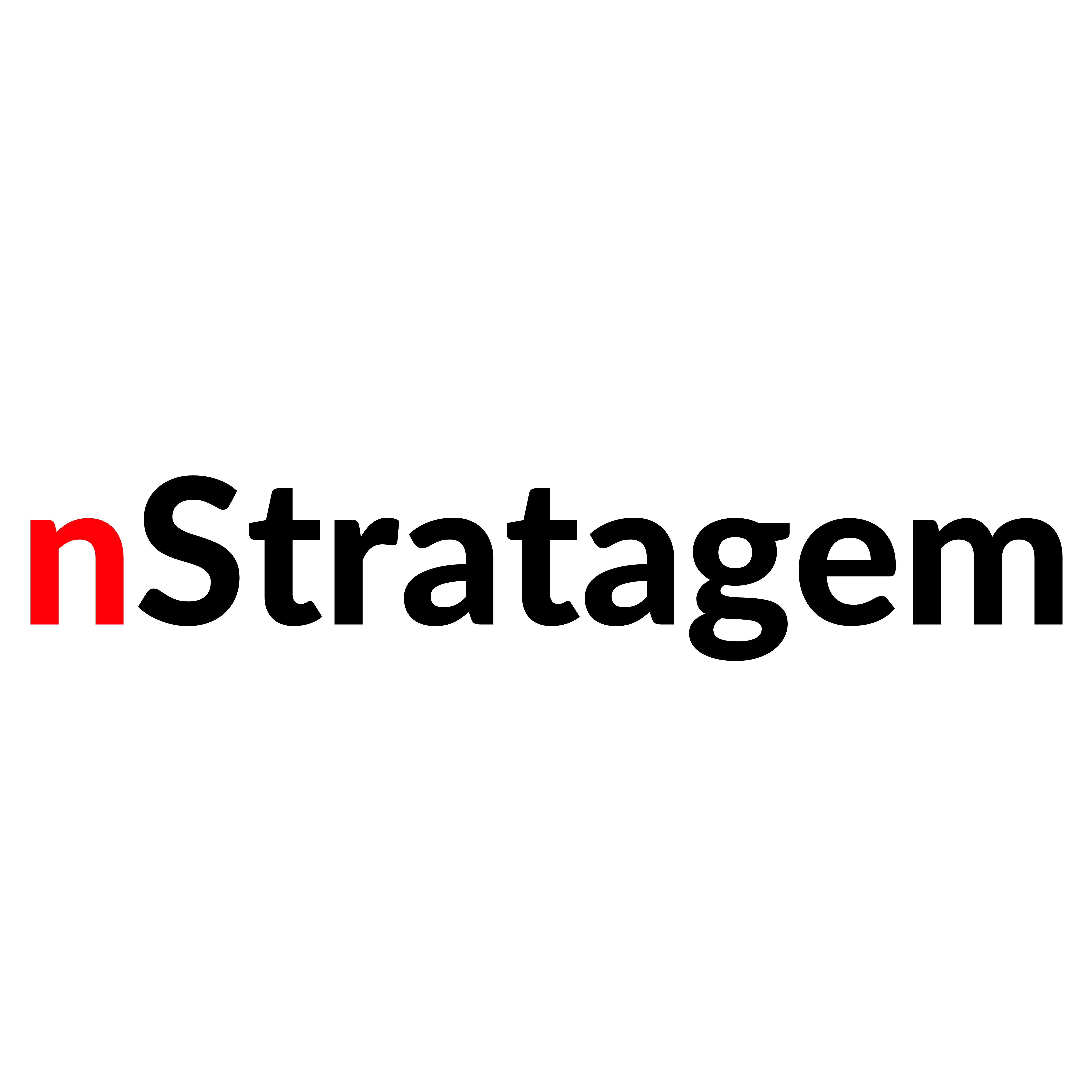Accountability. The word just sends shudders down the spine. In the primitive brain world of flight versus fight response I can say that most of us run for the hills without looking back when we experience or perceive a threat.
For most of us accountability is a threat. We run from accountability. We hide, we duck, dive, lie, dodge and everything in-between to avoid accountability. We are avoiding the pain and the unpredictability that it brings.
Have you been there? Perhaps you are there now?
The Corporate side
Maybe you work for a company where the blame culture is alive and where it seems that every employee has a target on their back? Here management by fear is the norm. This is such an insidious environment which truly saps not just the joy out of work but joy out of life. Such an organization uses accountability to drive fear and it has 8 key characteristics:
- Dysfunctional Leadership. A case of the wrong person in the right job. Often the person in the leadership seat in this organization has not earned the position but was favoured or is in favour or called in a favour from someone. He or she therefore desperately protects that seat not with competence but with scheming and the manipulation of people to get their own way and to deflect being found out for the fraud that they are.
- Corrupt business practices. Its in the DNA of such organizations to do business with the outside world in a disingenuous manner whilst practicing that very same disingenuousness with its own employees. Lying and misleading with promises that they cannot deliver. Gaining trust that they cannot reciprocate. Even the internal communication culture is infused with deception of information and false promises.
- Cynical attitude towards people – employees are seen as a necessary evil by management or a personal resource to be used for their own gain.
- Lack of investment in employee development – only those who are favoured are looked after and these are often not actually the productive and achieving employees. Some companies call them the High Potentials but we all know they are the brother or cousin or sister or friend of the manager.
- Psychologically abusive culture (overtly or covertly) – where positive feedback is poor or used only to manipulate employees into accepting tasks that are kept from the “privileged” class.
- Prolific profiling and class structured – people who aren’t the right characteristics or background don’t progress and are used as ordinary labour – chattel for the personal benefit of others. They don’t have a succession plan or any career development and are often left alone to fend for themselves in the company. These poor souls are kept away from the juicy projects and meaningful work. They basically get treated like servants.
- Mediocrity cerebrated as Excellence – you sit and observe how the “insiders” pat themselves on the back on a great job done when you are thinking “seriously! that was a mediocre result at best”. This is all part of the PR and image and part of the corporate narrative.
- Hubris – This is the ultimate in denial. Here the organization often cites its self as the “best”, “biggest” or “most successful”. They believe their own hype which they create themselves. Hubris is dangerous and self-damaging and such organizations are masters at it. Herein their build-in the seeds of their own eventual demise.
Now, you may see all of these 8 attributes combined in organizations you may have encountered or perhaps only a particular mix of them but suffice it to say that accountability is a tool that can be (and is) used to overpower and abuse employees, albeit passively, in such an organization culture.
Accountability in such an environment is the enemy of progress, growth, learning and quality of life. For example, in such organizations often when you do the work expected you don’t get the credit but any mistakes are held against you seemingly forever. Now, this may sound a bit over the top but believe me if you have worked in such an environment it is no fantasy. You feel used and abused but also guilty for not performing well. Those self-defeating thoughts only create more angst in you and a drive, ironically, to do better. Once such a cycle begins you are truly locked into a co-dependent relationship with an “abusive” organization.
The use of accountability in such a manner is the weapon of the weak leader and the corrupt organization.
The Personal Side

However, in the corollary, accountability is necessary for personal and professional growth. Running from it only adds to our woes. Eventually we pay the price.
We all run from it as it is stressful and reminds us of failure or the potential of failure. Who wants to be accountable? It sucks!
But why do we run from accountability? I believe there are three reasons. They are:
- Lack of confidence on our part in our own abilities. We feel that we will lose control and feel afraid of the unknown that accountability may bring.
- Lack of trust in the others. We don’t think they will understand our side of the situation if I fail and/or they are imposing their agenda upon us.
- Need to hide something about our present, past or future. We don’t want to be found out for lacking in some way if we don’t achieve expectations put upon us.
Learn to recognize both your organization and yourself when it comes to accountability. Some organizations use it as a tool for control and manipulation of their employees to ensure compliance to a particular culture. Here, fighting is often futile and you need to save yourself otherwise it will swallow you up and spit you out.
On the personal side, however, embrace accountability and use it as your tool and guide to mature and strengthen your ego and resolve and to use it as a benchmark for quality work. Think of accountability as an investment that you should embrace and protect and a necessary precursor to success.
I would suggest the following motto if you embrace Accountability:
Heck Yes! It was me.
Be strong. Be significant
Norm
I look forward to your thoughts and comments on this article.
Norm Murray is CEO of nStratagem. See his full Bio in the “People” section of our site. We have a great deal of experience in helping leaders and organizations through their development and challenges. Contact us for a discreet discussion.
** The views, information, words, concepts or opinions expressed in our blogs, articles and blog articles are solely the opinions of the individual authors and do not necessarily represent those of nStratagem, its employees or its affiliated companies.
Follow us on Twitter @n_stratagem and on Instagram at nStratagem_Group
Powerful Resources When You Need Them Most ™
nStratagem can assist you with our innovative Women in Leadership Programme and our work with providing strategic action on reducing the Gender Pay Gap. Contact us for a conversation.


